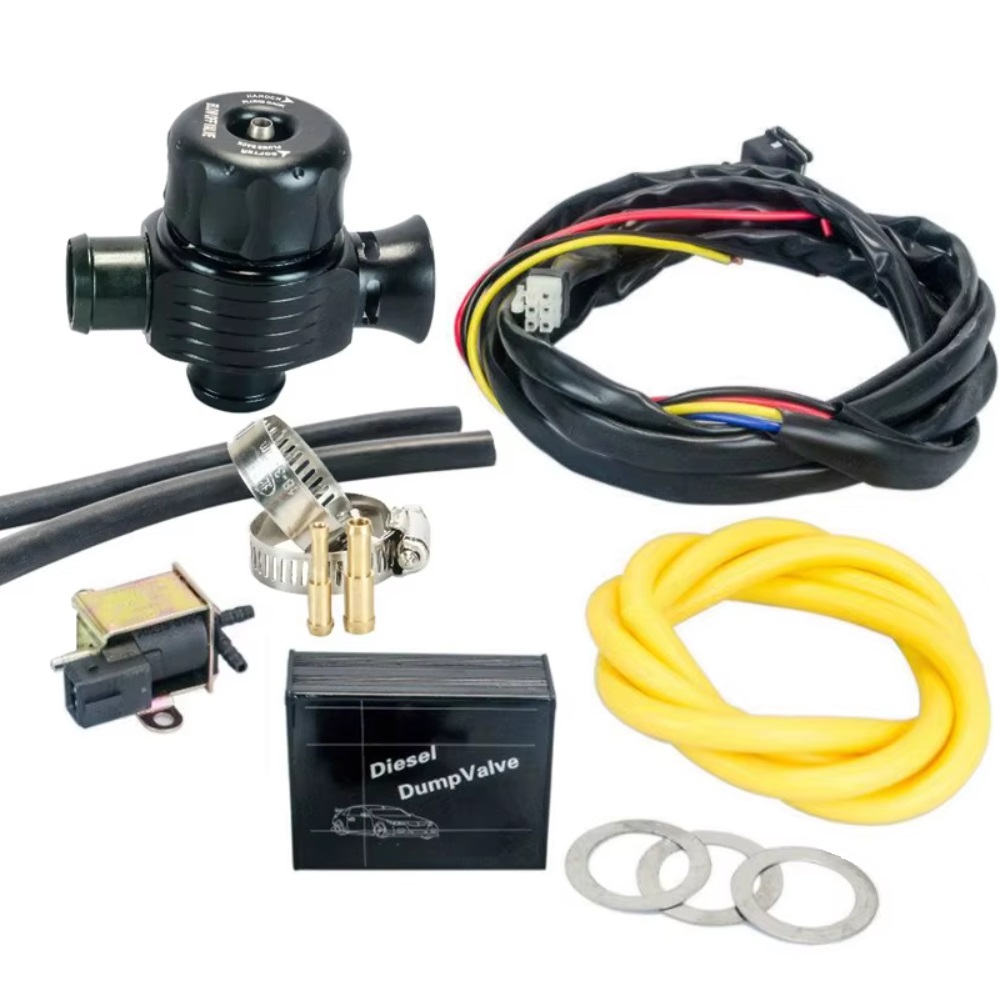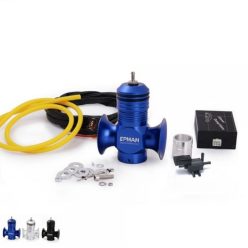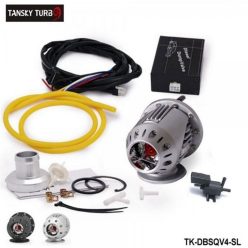Net price: 65 €

Everything You Need to Know About Diesel Blow Off Valves
Diesel blow off valves help protect the turbo from overload, increasing the engine’s lifespan. Learn how they work and why they are important!
Everything You Need to Know About Diesel Blow Off Valves
The diesel blow off valve and its operation
The unique design and function of diesel engines differ from gasoline engines, particularly in the absence of a conventional throttle valve. This means that a diesel engine's performance depends on the amount of fuel injected rather than controlling airflow. Turbocharging compresses air and forces it into the cylinders to enhance combustion efficiency and power. To prevent turbo overheating or overloading, blow off valves (BOVs) are used.
What is a diesel blow off valve and how does it work?
The diesel blow off valve, also known as a bypass valve, plays a key role in protecting the turbocharger. When the pressure generated by the turbo exceeds a certain level, the valve opens to release the excess pressure, preventing turbo overload. In diesel engines, the blow off valve helps prevent compressor surge, a condition where pressure spikes and drops suddenly, causing instability in the turbo system and leading to early failures.
Types of blow off valves
Diesel blow off valves can be either mechanical or electronic. Mechanical valves use simple spring mechanisms to release pressure when it reaches a critical level. Electronic valves offer more precise control as they are regulated by the ECU (Engine Control Unit), which monitors engine operating parameters and load conditions.
Why aren't blow off valves more common in diesel engines?
While blow off valves can be used in diesel engines, they are often not implemented because they add weight and complexity without significantly improving fuel efficiency. Moreover, diesel engines lack throttle valves, which makes pressure regulation unnecessary. Blow off valves are typically used only in heavily modified diesel engines where fine-tuning performance and pressure is required.
Net price: 65 €



